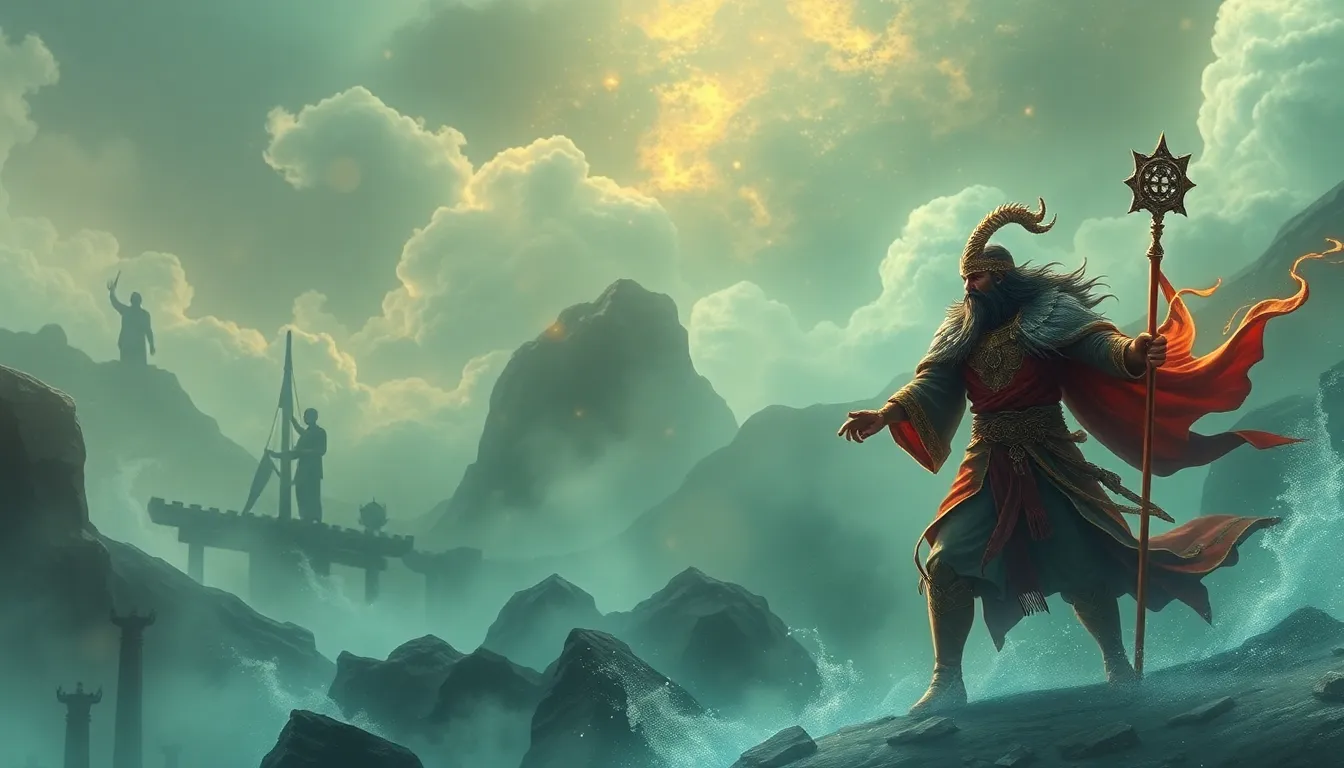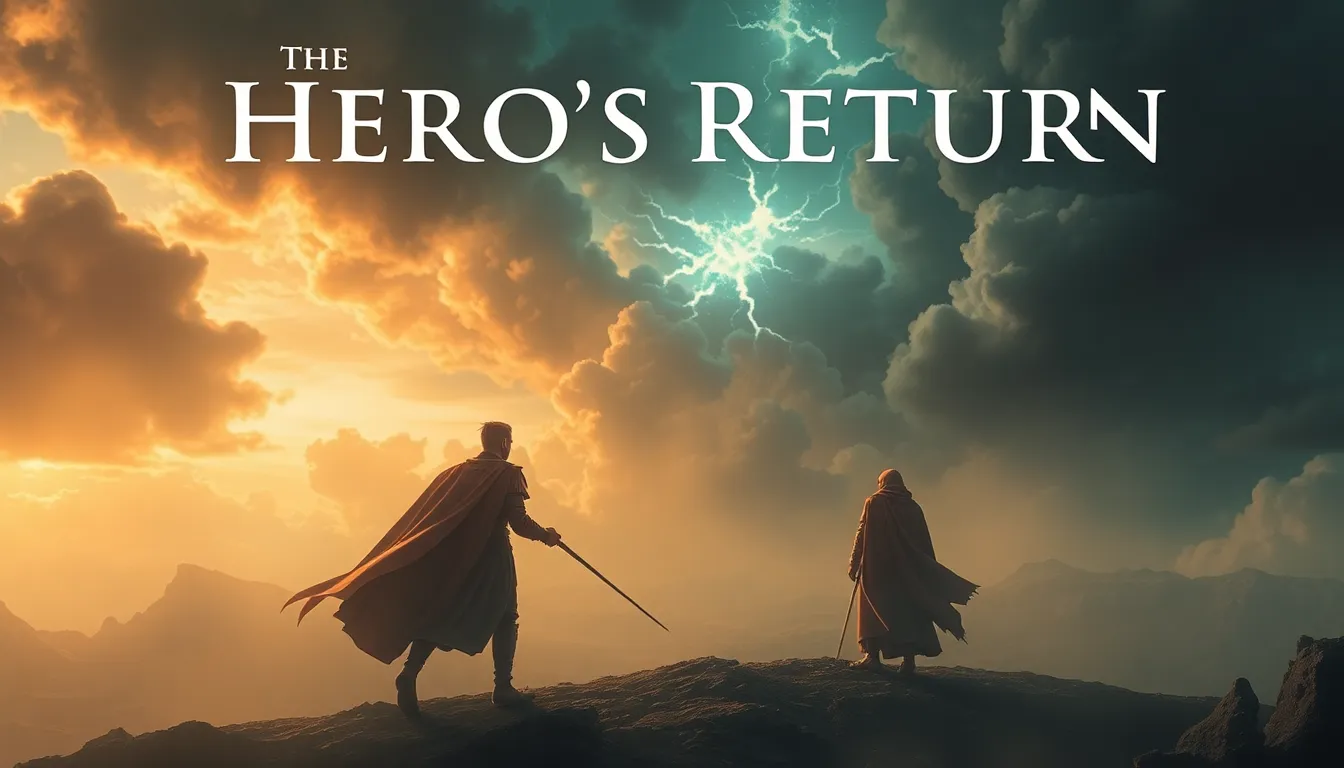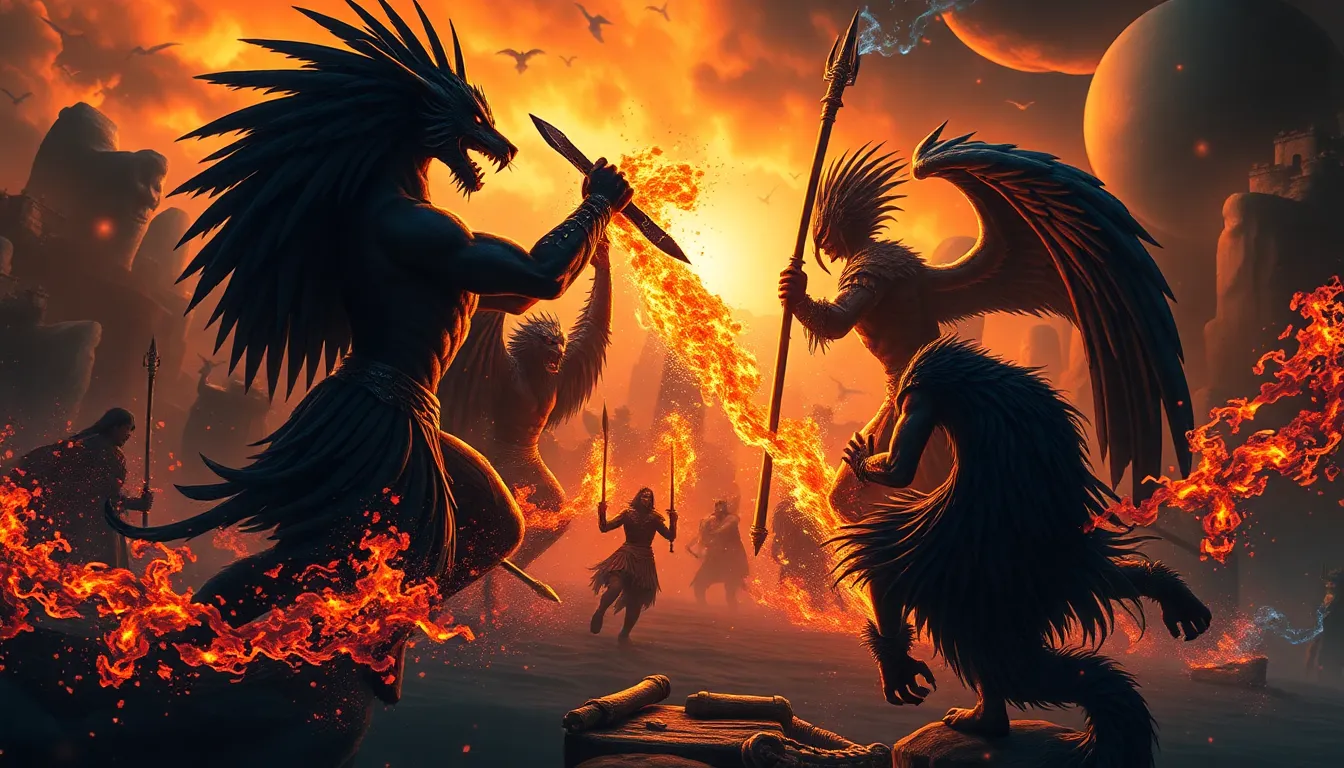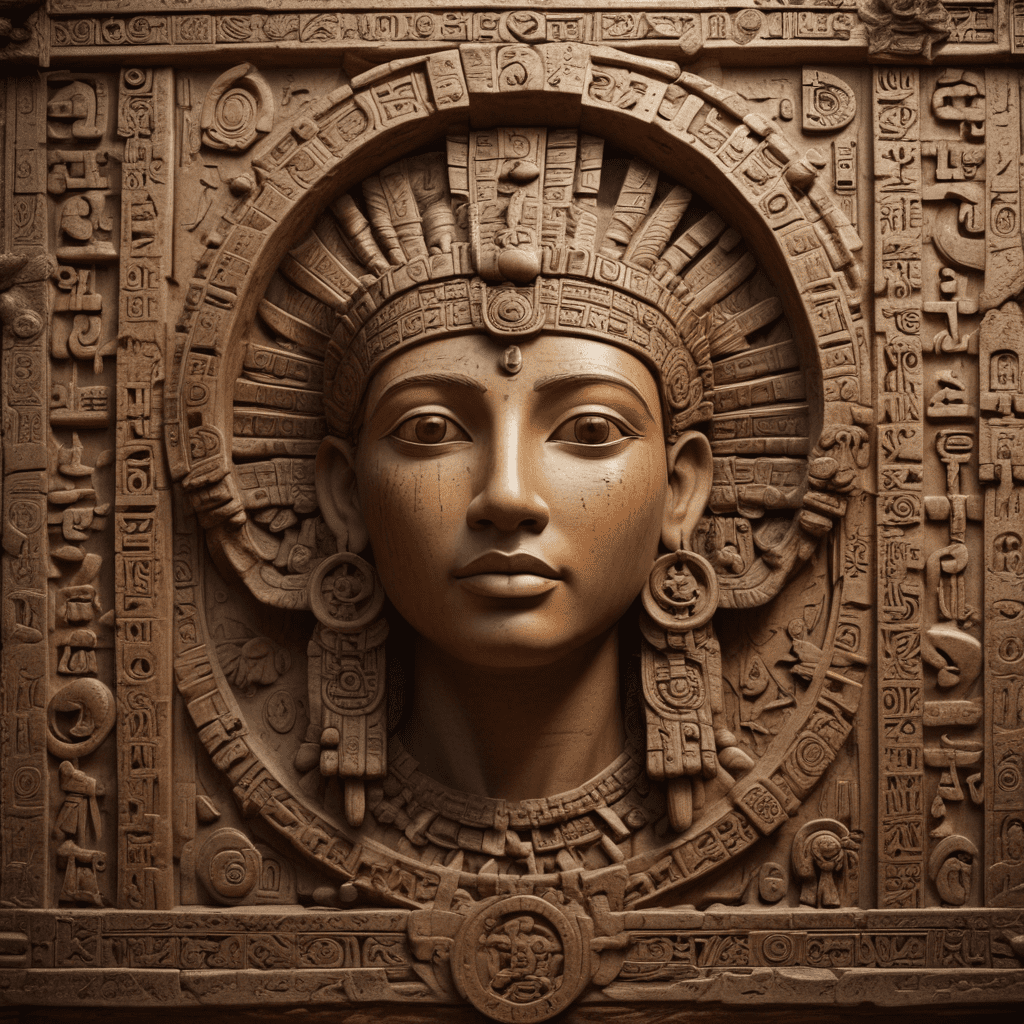The Fascinating World of Cultural Hero Myths and Legends
I. Introduction to Cultural Hero Myths
Cultural hero myths and legends are narratives that recount the adventures and achievements of extraordinary individuals, often embodying the values and ideals of a society. These stories serve as powerful tools for cultural expression, passing down lessons and morals through generations.
The significance of these narratives lies in their ability to shape identities, instill values, and foster community cohesion. This article will explore the various dimensions of cultural hero myths, examining their roles in society, common themes, regional variations, and their evolution in modern contexts.
II. The Role of Heroes in Human Society
Heroes play a crucial role in human society, fulfilling psychological and social functions that resonate deeply with individuals and communities.
- Psychological and social functions of hero myths: They offer models of behavior, provide inspiration, and serve as a source of hope during challenging times.
- Heroes as reflections of cultural values and ideals: They embody the virtues that a society holds dear, such as bravery, sacrifice, and resilience.
- Impact of hero myths on identity and community cohesion: These narratives help forge a collective identity, uniting people around shared beliefs and values.
III. Common Themes in Hero Myths Across Cultures
Despite the vast diversity of cultural hero myths, several themes recur across different societies.
- The Hero’s Journey: A universal narrative structure where the hero undergoes a transformation, often involving a call to adventure, trials, and eventual return.
- Common archetypes: Various archetypes emerge, including the mentor (guiding the hero), the trickster (challenging norms), and the villain (opposing the hero).
- Themes of sacrifice, redemption, and transformation: Many hero myths involve significant sacrifices made by the hero for the greater good, leading to redemption and personal growth.
IV. Regional Variations of Hero Myths
Cultural hero myths are rich and varied across different regions, each reflecting the unique values and beliefs of its society.
- European Hero Myths: Tales such as King Arthur’s quest for the Holy Grail and Beowulf’s battles against monsters highlight themes of chivalry and honor.
- Asian Legends: Stories like that of Sun Wukong, the Monkey King, and Yamato Takeru showcase the interplay of adventure and moral lessons.
- Indigenous Hero Narratives: Oral traditions among Indigenous peoples emphasize the importance of nature, community, and ancestral knowledge.
V. The Influence of Religion and Spirituality
Religious texts and spiritual beliefs often intertwine with hero myths, enhancing their significance.
- Heroes in religious texts: Figures such as Moses and Buddha serve as moral exemplars, guiding followers through their teachings and actions.
- The intersection of mythology and faith: Many hero myths are steeped in religious significance, with divine intervention playing a pivotal role in their narratives.
- The role of divine intervention in hero stories: The presence of gods or supernatural forces often elevates the hero’s journey to one of greater cosmic importance.
VI. Modern Adaptations of Hero Myths
The evolution of hero myths continues in contemporary literature and media, reflecting societal changes.
- The evolution of hero myths in literature and film: Modern storytelling has adapted classic hero narratives, incorporating contemporary issues and technologies.
- Superheroes as contemporary cultural icons: Characters like Superman and Wonder Woman represent modern ideals of justice, bravery, and hope.
- How modern society reinterprets ancient legends: Films and books often reinterpret traditional myths, allowing new generations to find relevance in age-old stories.
VII. The Psychological Impact of Hero Myths
Hero myths hold significant psychological implications, influencing personal development and societal change.
- Hero myths and their role in personal development: Individuals often look to heroes for inspiration, using their stories as frameworks for overcoming personal challenges.
- The use of hero narratives in therapy and education: These narratives can be integrated into therapeutic practices to foster resilience and self-discovery.
- The potential for hero myths to inspire social change: By embodying ideals of justice and equality, hero myths can motivate collective movements for change.
VIII. The Future of Cultural Hero Myths
As societies evolve, so too do their hero myths, influenced by globalization and technological advancements.
- Globalization and the blending of mythologies: The exchange of stories across cultures creates new hybrid legends, reflecting shared human experiences.
- The role of technology in preserving and sharing myths: Digital platforms allow for the preservation and dissemination of hero myths, reaching wider audiences.
- New heroes emerging in contemporary culture: Figures from various backgrounds are now celebrated as heroes, promoting inclusivity and diversity in narratives.
IX. Critiques and Controversies Surrounding Hero Myths
While hero myths are powerful, they are not without their critiques and controversies.
- Issues of representation and inclusivity in hero narratives: Many traditional myths lack diversity, prompting calls for more inclusive storytelling.
- The danger of idolizing flawed heroes: Celebrating heroes without acknowledging their flaws can create unrealistic expectations and narratives.
- The role of myths in perpetuating stereotypes: Some hero myths reinforce harmful stereotypes, challenging societies to critically assess their narratives.
X. Conclusion: The Enduring Legacy of Hero Myths
The legacy of cultural hero myths is profound, shaping societies and individual lives across generations. These narratives continue to inspire, challenge, and reflect the values of the communities that tell them. As we navigate the complexities of modern life, the stories of heroes—both ancient and contemporary—remain vital in understanding our past, present, and future. Through examining these myths, we can better appreciate the shared human experience that binds us all.




